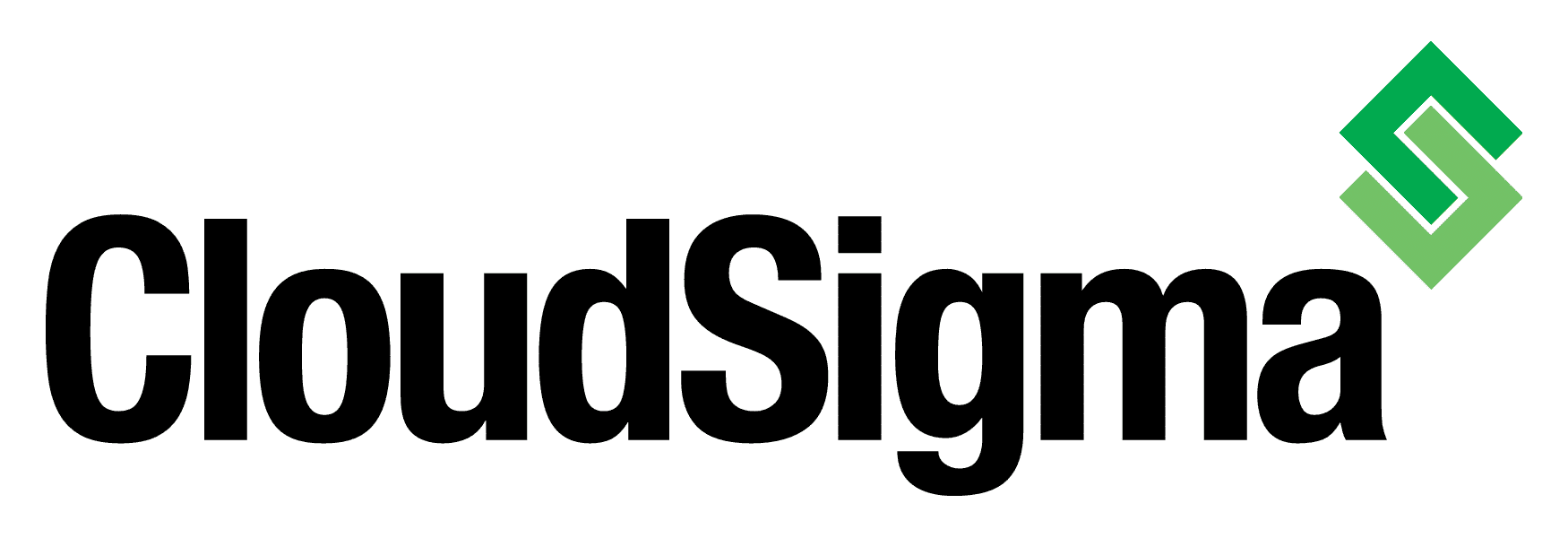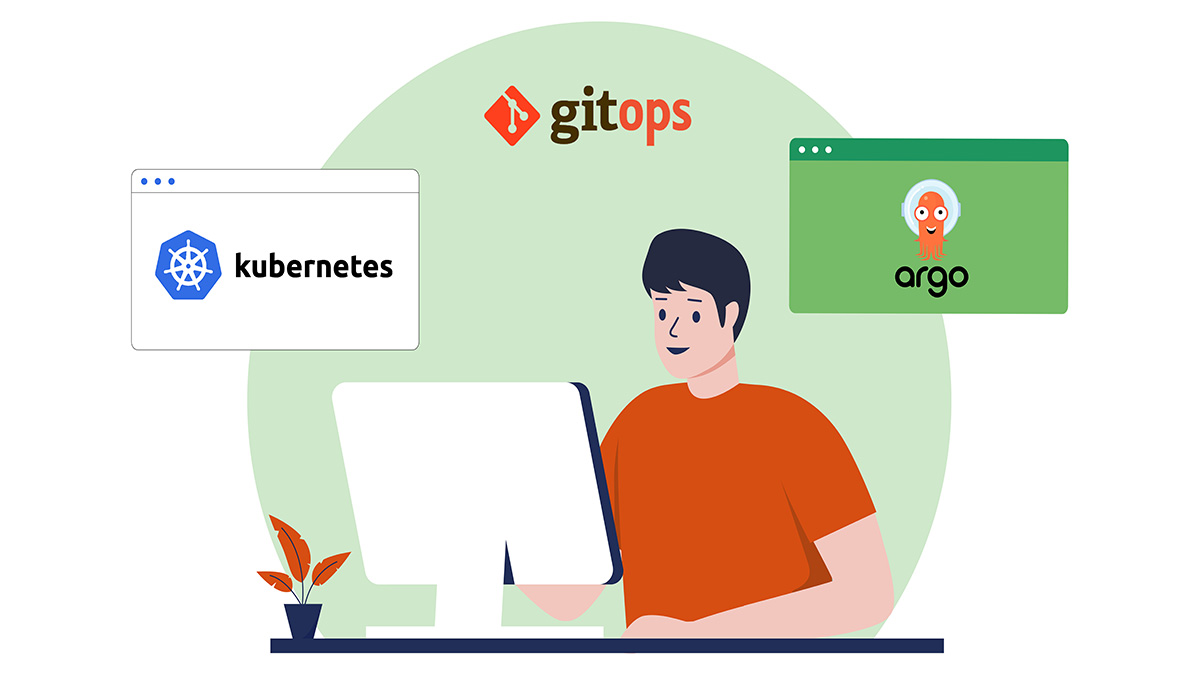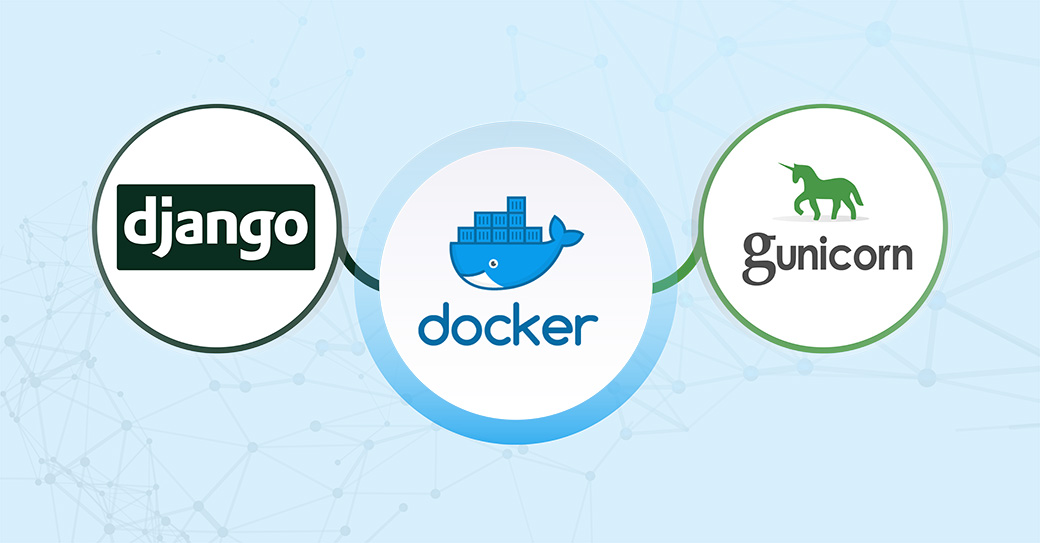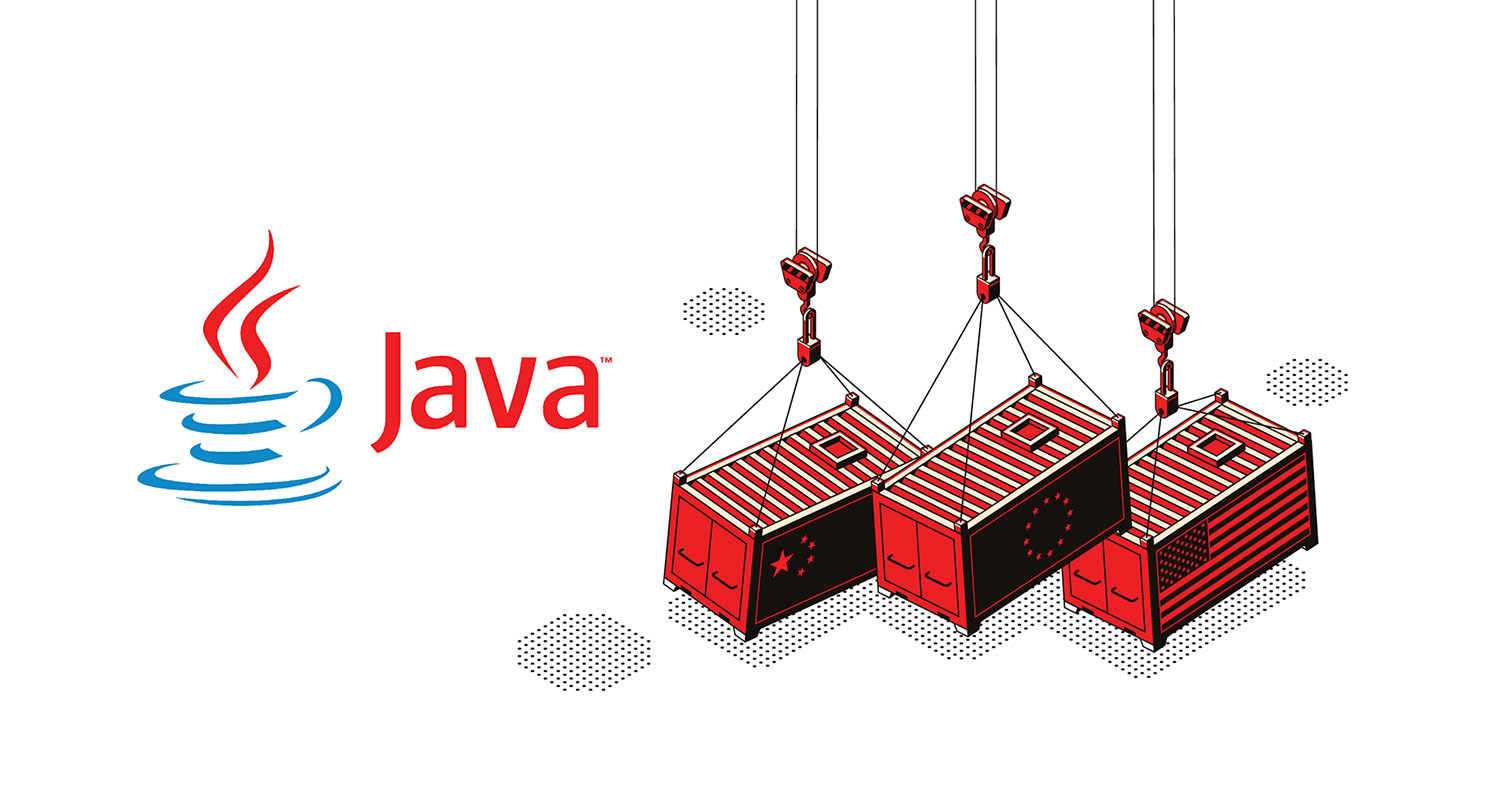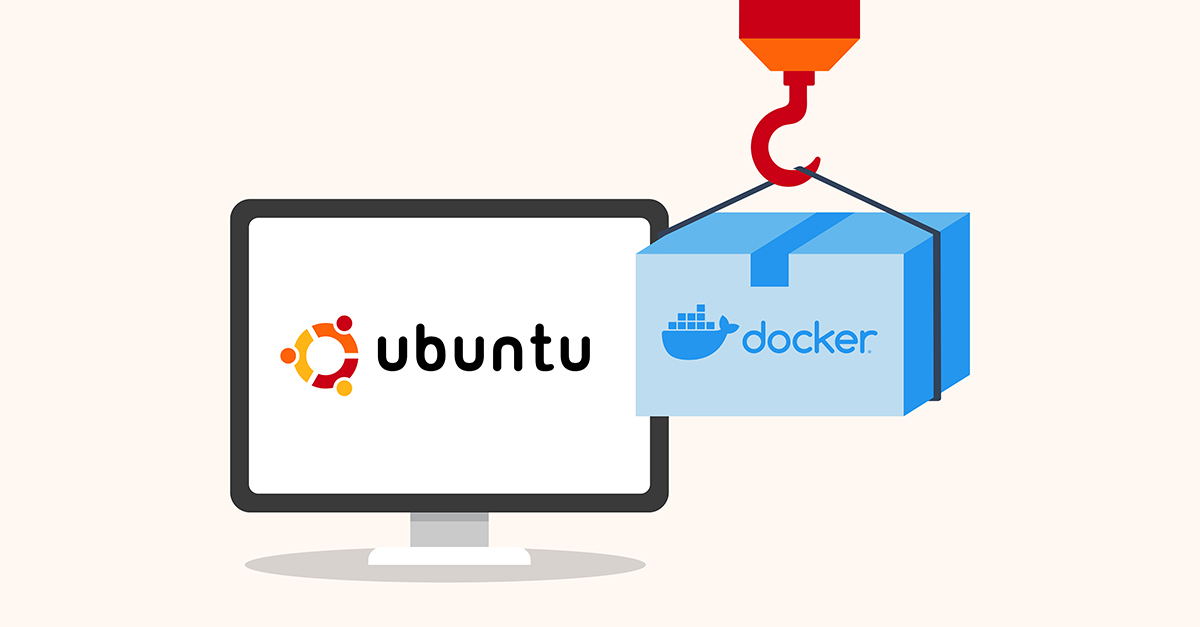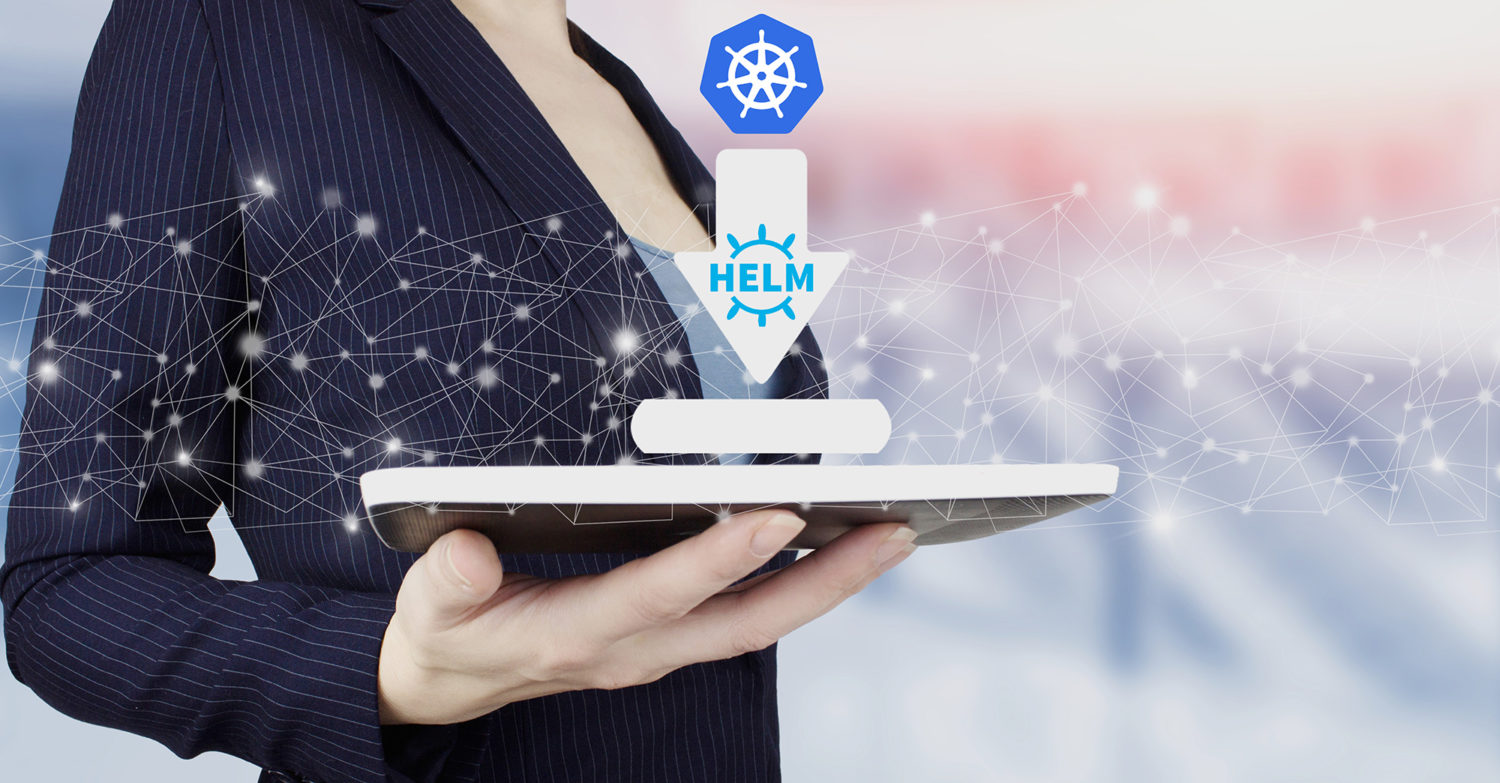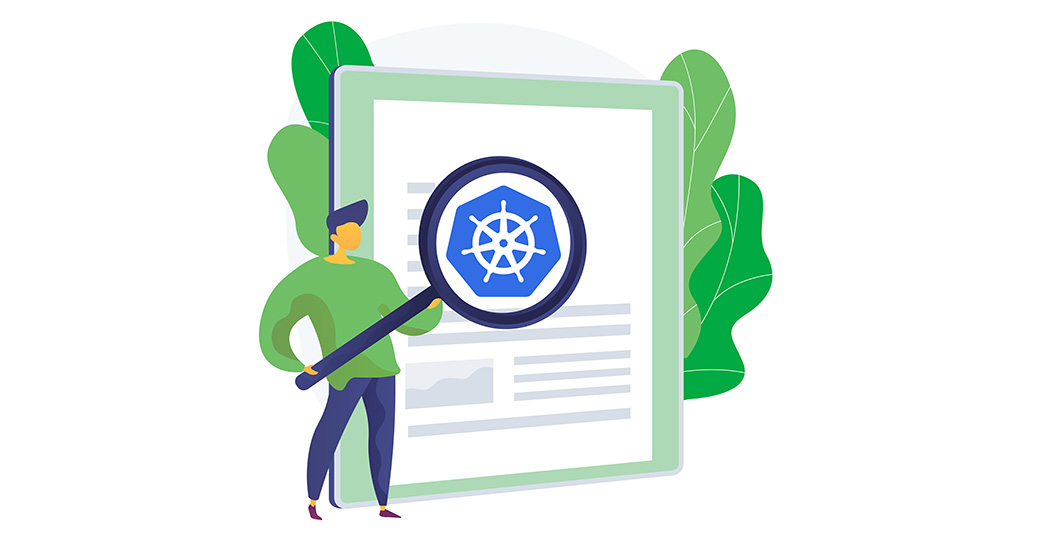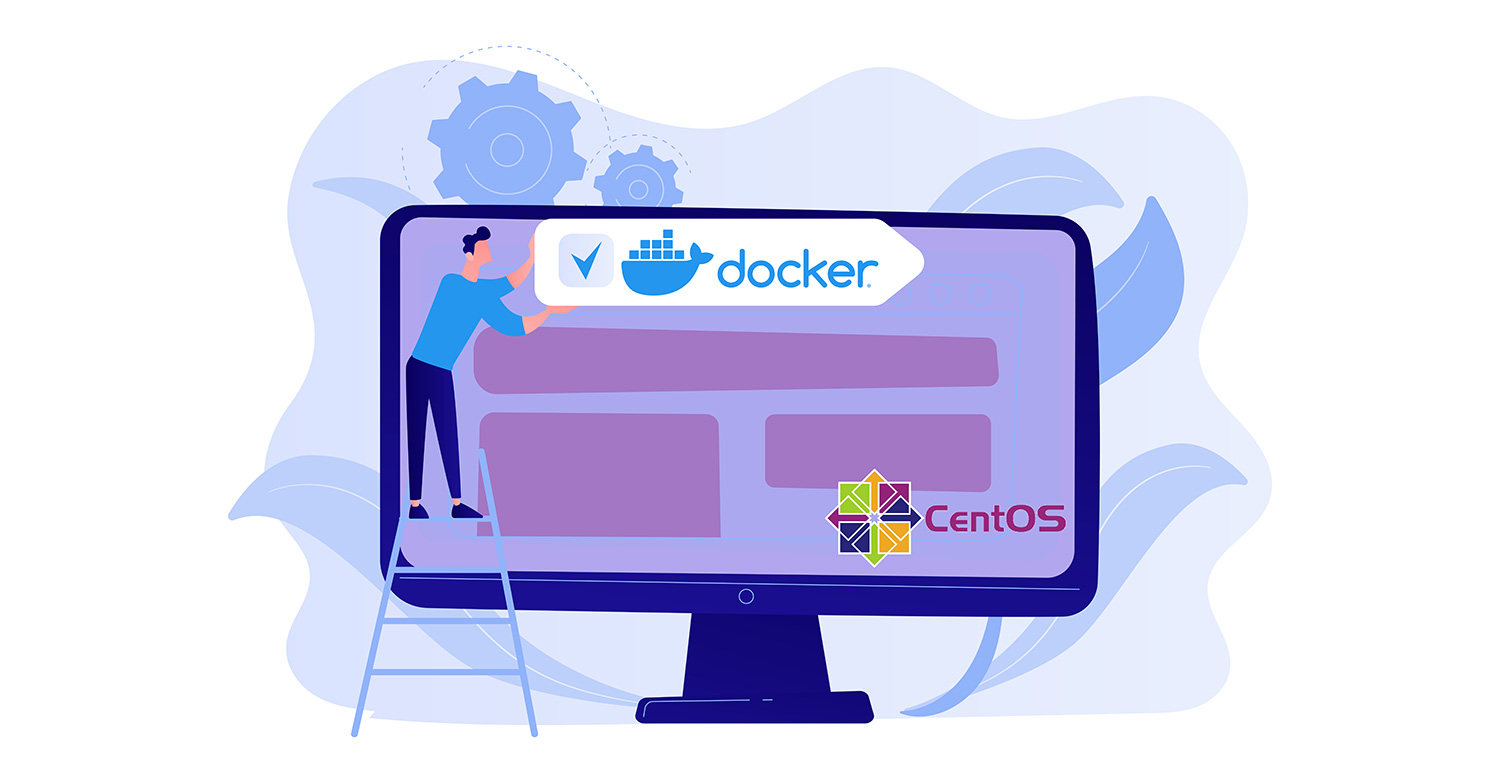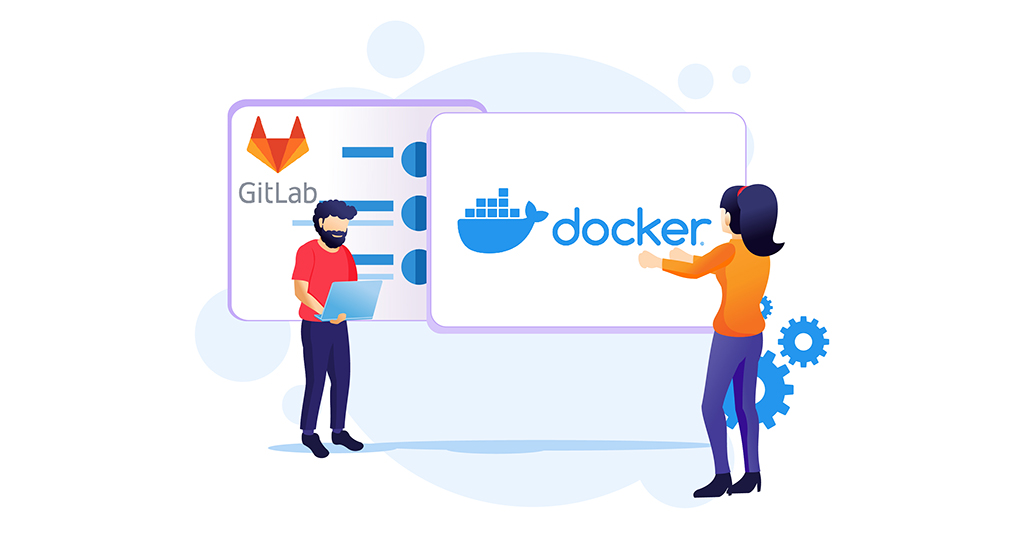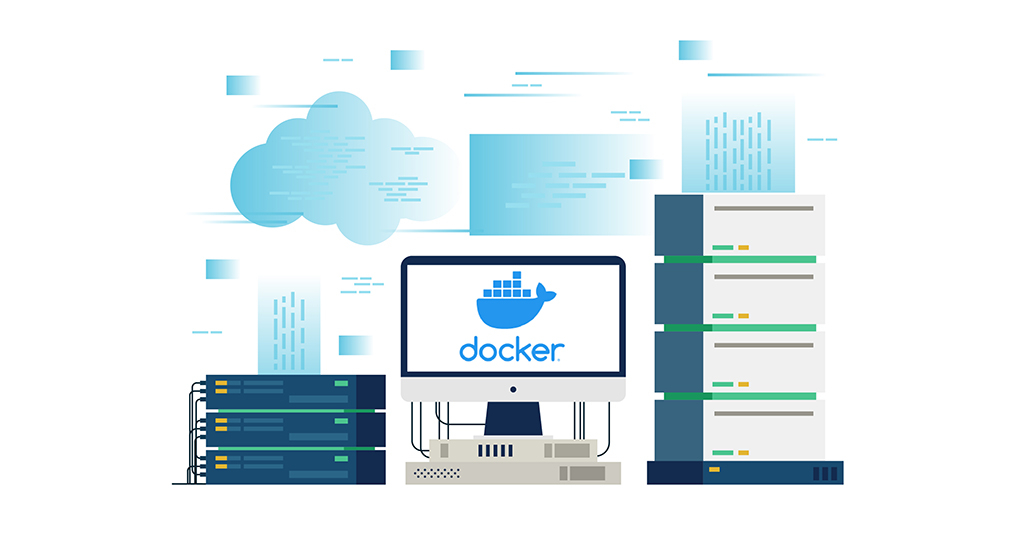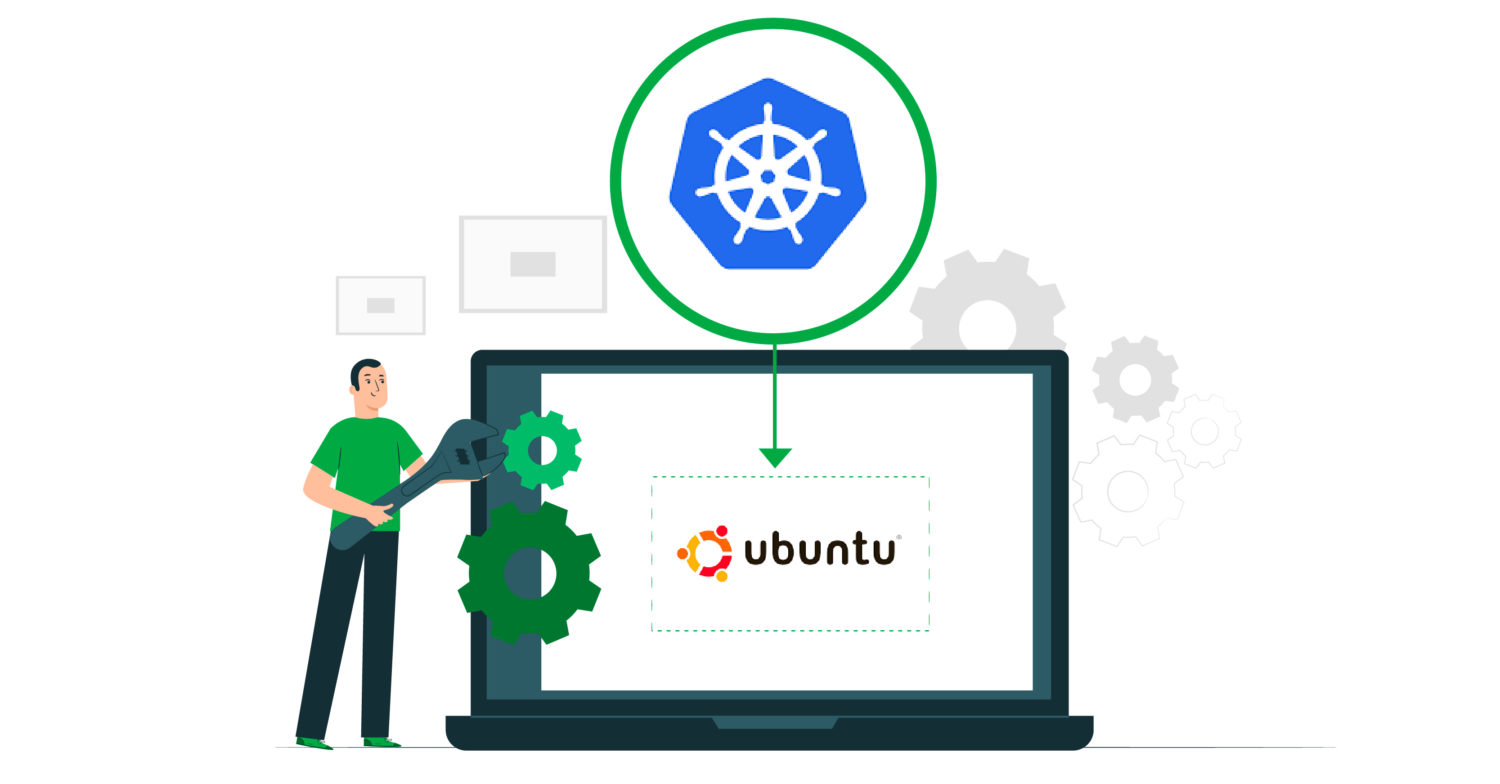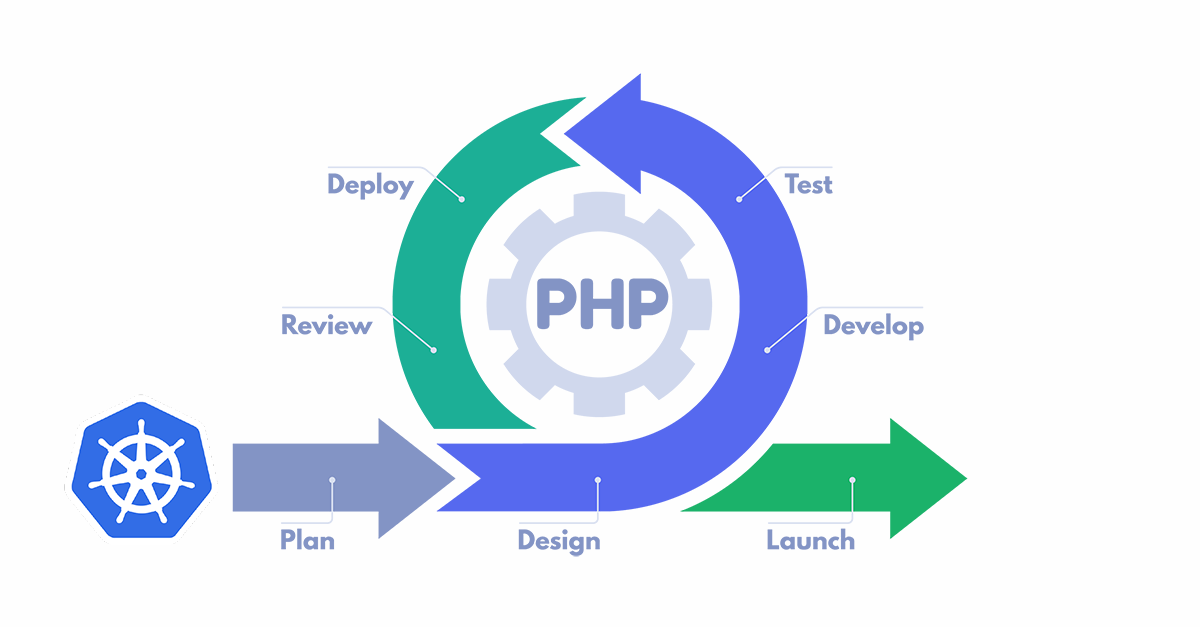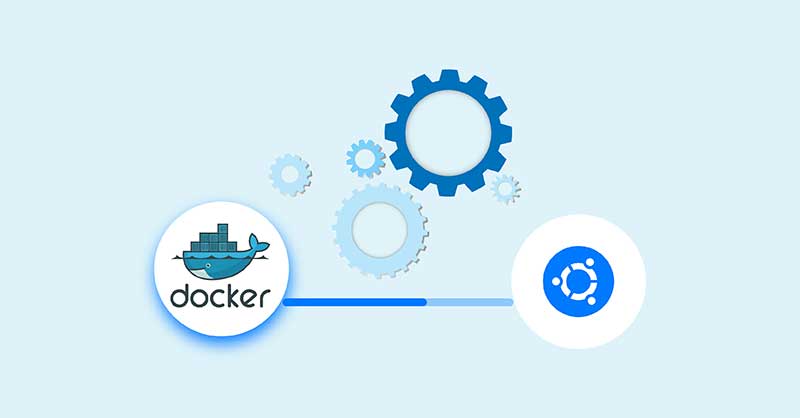Introduction Kubernetes has become a standard for deploying large applications. It helps developers gain significant advantages and offers features that are not available in traditional server hosting. Kubernetes allows horizontal scaling without the hassle of infrastructure. Furthermore, it reduces the cost of acquiring and maintaining the infrastructure as the application grows. However, managing applications on Kubernetes can also be complex …
Building a Django and Gunicorn Application with Docker on Ubuntu
Django is a high-level open-source Python web framework that can help you build your Python application quickly. It encourages rapid development and clean, pragmatic design by following the model–template–views architectural pattern. Out of the box, the framework comes with the necessary modern application components such as user authentication, caching framework, object-relational mapper, URL Dispatcher, template system, and customizable administrative interface. …
Using CloudSigma PaaS to Shift Java Applications into Containers
For the longest time, application development and management were completely dependent upon physical infrastructure. As businesses looked to host multiple applications on a singular hardware system, virtualization solutions like hypervisors were introduced. A hypervisor, also known as a Virtual Machine Monitor (VMM), is software that creates and runs Virtual Machines (VMs). The hypervisor will allocate resources to each guest or …
Working with Docker Data Volumes on Ubuntu 20.04
Introduction Docker Data Volumes is an important concept when containerizing your applications. Knowing this concept is vital for ensuring the best experience of your containerized application along with reliable persistence and data management. However, while this concept is important, it is also confusing and complex for many developers. It is important for developers and DevOps specialists to be able to …
Installing Software on Kubernetes with Helm 3 Package Manager on Windows
A If you are coming from a development background, you are probably aware of the Package Manager term. Package Managers allow you to install dependencies, upgrade and downgrade versions, and so on. In this tutorial, we will look at a very popular package manager for Kubernetes, called Helm. Helm assists in managing Kubernetes applications. With Helm, you can define a …
How To Troubleshoot and Inspect Kubernetes Networking
Kubernetes is an open-source tool that is crucial in container orchestration. Kubernetes helps in orchestrating and managing clusters at scale across various cloud environments or even on-premise servers. A cluster is a set of hosts meant for running containerized applications and services. A cluster needs a minimum of two nodes to work – one master node and a worker node. …
Installing Docker Compose on CentOS 7
Dockerisation has redefined the deployment and automation process in the software industry. Since its inception, the Docker team has continuously strived to make automated deployment seamless. Containerization technology does not just enable rapid application development and efficiency, but also saves time and strenuous efforts. Unbeatable functionalities such as orchestrating, defining, and running multi-container applications together make Docker a favorite pick …
How to Host a Docker Image Repository and Build Docker Images with GitLab Self-Managed Instance on Ubuntu 20.04
Containerization technology has greatly advanced in the software development tech space as the most accepted method of packaging and deploying applications in cloud environments. This has been necessitated by the need for continuous integration (CI) and continuous deployment (CD) which are defining aspects of DevOps. Software developers and engineers make use of containers to achieve the CI/CD aspect of software …
Sharing Data between Docker Containers
Introduction Docker is a container platform that is a lightweight, virtualized, portable, software-defined standardized environment that allows the software to run in isolation of other software running on the physical host machine. Docker is a defining component of the Continuous Development and Integration aspect of Software Development. By providing a consistent run-time environment, Docker ensures that software behaves the same …
How to Install and Use Kubernetes on Ubuntu 20.04
Introduction Kubernetes is an open-source tool that is crucial in container orchestration. Kubernetes works by orchestrating and managing clusters at scale across various cloud environments or even on-premise servers. A cluster is a set of hosts meant for running containerized applications and services. A cluster needs a minimum of two nodes to work – one master node and a worker node. Keeping …
Deploy a PHP Application on a Kubernetes Cluster with Ubuntu 18.04
Kubernetes (also known as k8s) is an open-source orchestration system. It allows users to deploy, scale, and manage containerized applications with minimum downtime. In this tutorial, you will learn how to deploy a PHP Application on a Kubernetes Cluster. Nginx behaves as a proxy to PHP-FPM while running a PHP application. Managing these two services in a single container is …
How to Install and Configure Docker Compose on Ubuntu 20.04
Introduction Containerization has greatly picked up momentum in the software tech space over recent years. This can be attributed to Docker which is a container platform that simplifies the management of processes inside containers. Containers are lightweight, virtualized, portable, software-defined standardized environments that allow the software to run in isolation from other software running on the physical host machine. This …
- Page 1 of 2
- 1
- 2
